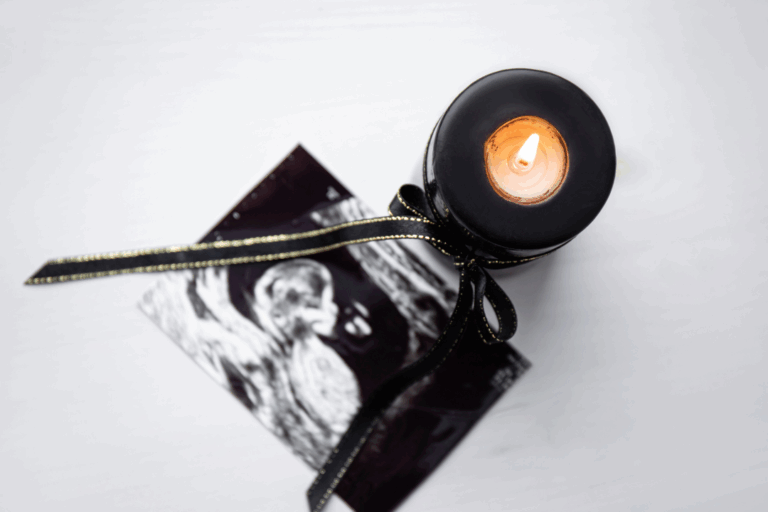When it comes to your little one’s health and wellbeing, there are some foods and ingredients to avoid, Meg Faure explains.
The greater the variety of foods you offer your baby in the months leading up to his first birthday, the better chance you have of having a healthy eater who will eat a variety of food. This doesn’t just reduce the risk of fussy eating but also ensures an adequate nutritional intake.
Once your baby is comfortably on the road to solids you can let him try different tastes and flavours off your plate when you are eating. If you are eating a nutritious meal, don’t worry about the very small quantities of salts, sugars and other ingredients your baby will be exposed to off your plate.
However, when it comes to the foods that you are cooking specifically for your baby you can avoid the following foods:
Salt in the form of sodium chloride (table salt or NaCl on packaging)
You can use a small amount of Himalayan sea salt or organic sea salt mixed with herbs. Use this in small amounts (a pinch) in your cooking and there is no need to add salt to the food on your baby’s plate.
Sugar
Sugary foods and drinks can lead to tooth decay when your baby’s teeth start to come through. Sweetened puddings, biscuits, chocolate, sweets and drinks should be avoided as you want to use this time to introduce your baby to healthy food options and natural sweetness in fruits and vegetables.
Honey
Very occasionally honey contains a type of bacteria that can produce toxins in your baby’s intestines. Until your baby’s immune system is able to cope with this bacteria (1 year of age), honey should be avoided. Honey is also a sugar and like sugar it can also lead to tooth decay.
Nuts
Don’t give any whole nuts, including peanuts to children under 3 due to the risk of choking. Chopped nuts, seed, nut pastes and peanut butter should all be introduced as they have protein, essential fatty acids and are a wonderful form of energy.
Low fat, low calorie and high fibre
It isn’t advisable to give ‘low-fat’, ‘low-calorie’ or ‘high-fibre’ foods to babies. Babies have small tummies and are growing fast. They need food that provides lots of calories and nutrients in a small amount of food, rather than bulky high fibre foods.
High fibre versions of foods reduce the amount of some minerals that your baby can absorb, like calcium and iron. Fat gives your baby energy and provides some vitamins that are only found in fat. So choose full fat dairy foods.
Other foods to avoid
- Raw and lightly cooked eggs
- Soft and unpasteurized cheeses
- Sushi and shellfish
- Foods containing additives, food colouring or preservatives
- Highly spiced foods
- Foods or drinks containing alcohol or caffeine, such as coffee, tea, cocoa, chocolate
- Carbonated drinks can cause painful stomach cramps




